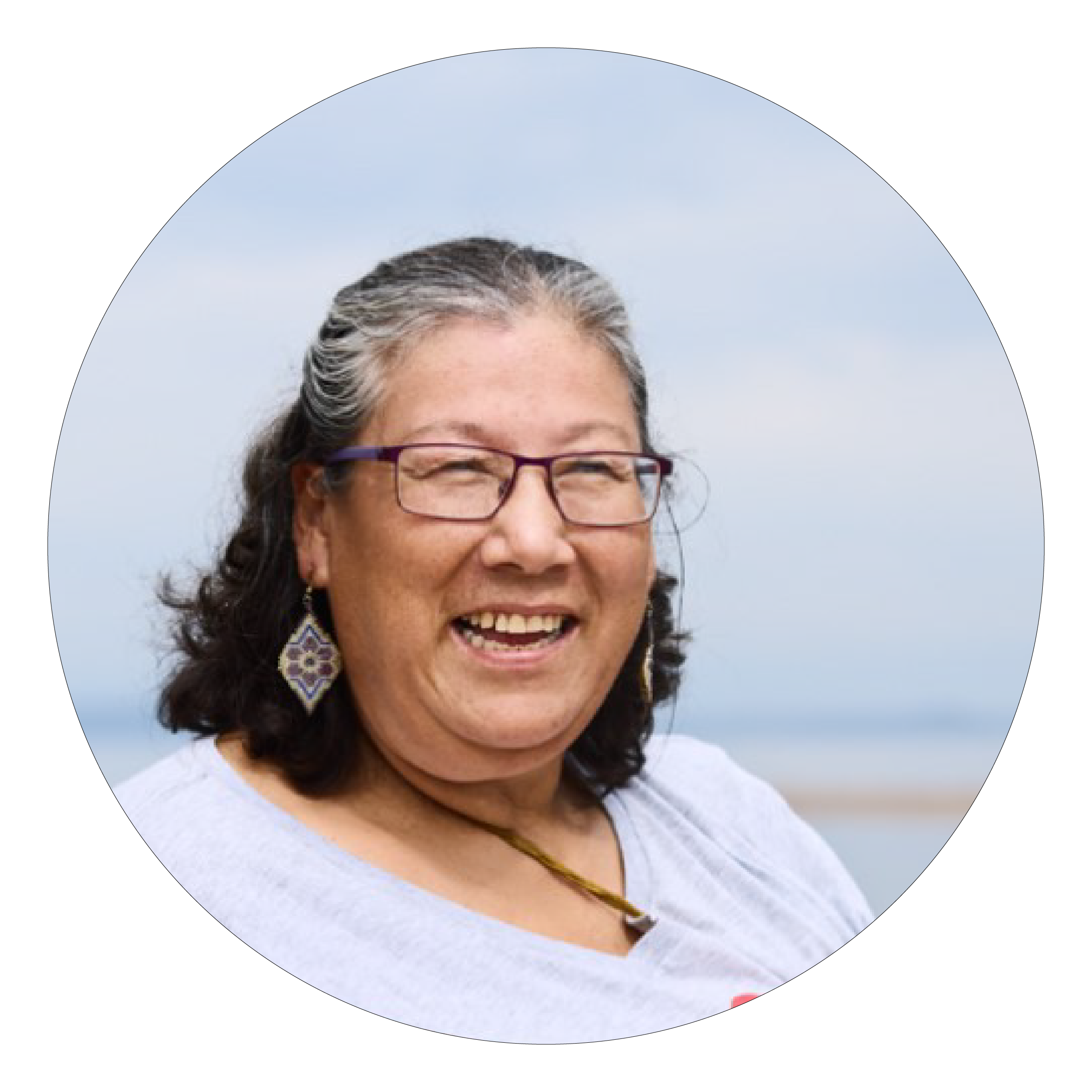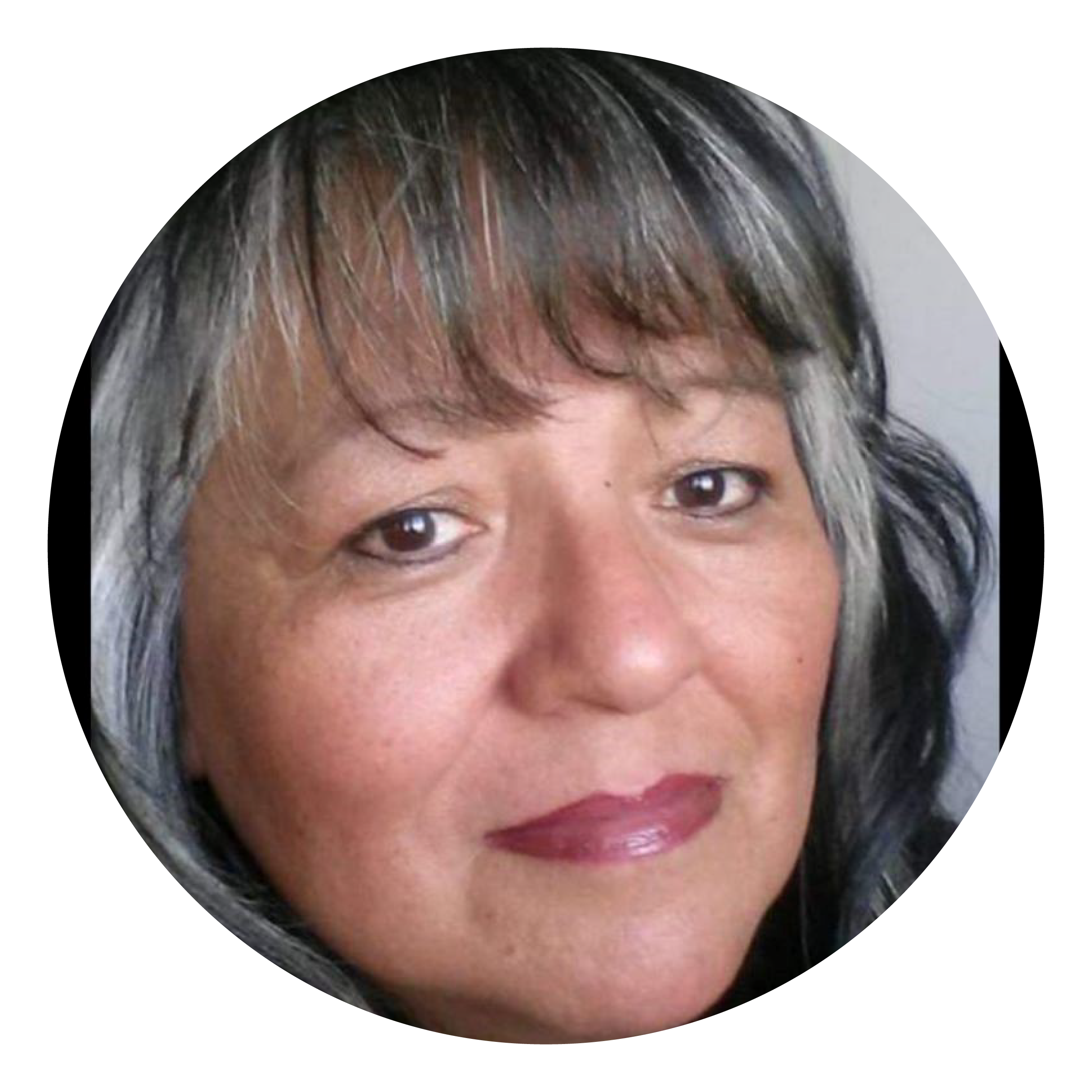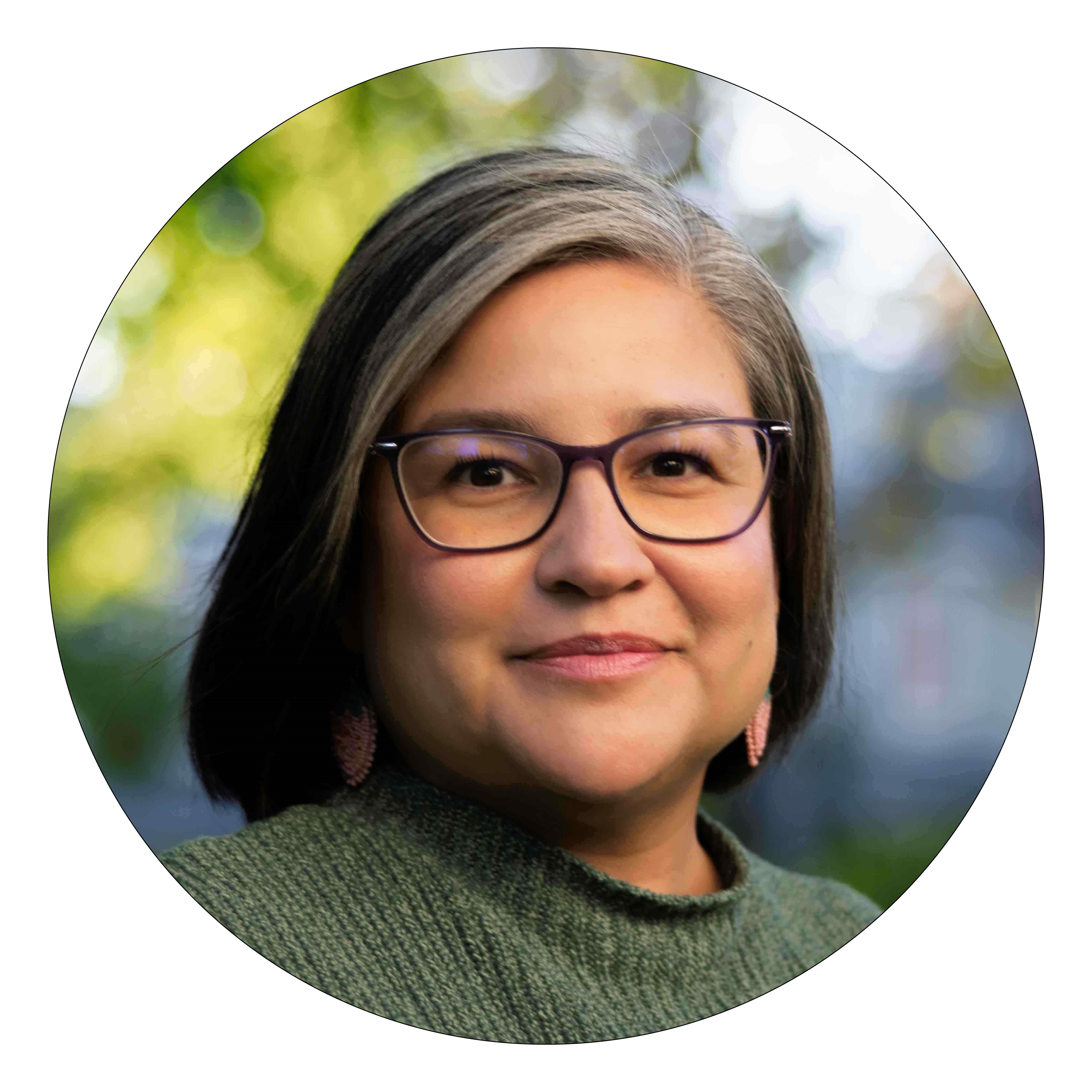Video: A conversation on Indigenous Peoples and dementia
Dementia is a growing public health issue for Indigenous people. On April 16, 2024, a panel assembled to discuss this important topic.
There are many diverse communities of First Nations, Inuit, and Métis in Canada. Many have their own cultural perspectives and knowledges on health and aging.
Research has shown that health disparities faced by Indigenous Peoples are rooted in colonization and ongoing social inequities. These factors may also increase the risk of developing dementia for Indigenous people.
Canada’s first national dementia strategy, A Dementia Strategy for Canada: Together We Aspire, did identify that Indigenous Peoples are a population at higher risk of developing dementia.
Other research shows that stress from racism can affect brain health. Indigenous people also face structural barriers to dementia diagnosis and treatment.
A recent Alzheimer Society of Canada report estimates that in 2020 there were 10,800 people of Indigenous ancestry living with dementia in Canada. By 2050, we can expect this number to increase by 273% to 40,300. (This is a higher increase than for the overall population, which would have a 187% dementia increase by 2050.)
On April 16, 2024, a panel assembled to discuss this important topic.
Speakers included:
- Elder Beckie Labillois, L;nu craft maker at Ugpi’Ganjig First Nation, and an artist and educator who has shared her experience as a dementia caregiver in our latest report and in a photobook created by the Native Women’s Association of Canada
- Bonnie Peigan, Assiniboine member of Carry the Kettle First Nation, and a caregiver and advocate
- Dr. Pamela Roach, Métis Nation of Alberta, and Canada Research Chair in Indigenous Health Systems Safety at the University of Calgary, whose research addresses "cognition and brain health in Indigenous populations and other vulnerable groups.
- Moderator: Joanna Vautour, Anishinaabe band member of Serpent River First Nation (Meawasige family), and Senior Research Coordinator at McMaster University
This event was part of Dementia Talks! Canada, a conversation series produced in partnership by Alzheimer Society of Canada and Brain Canada, two of the country’s largest brain-health organizations. If you have questions about this talk or the series in general, email [email protected].
About the speakers and moderator
Rebecca (Beckie) Labillois, Elder, Caregiver and Artist

Rebecca (Beckie) Labillois is an artist and Elder involved in renewal of her lineage as an L’nu craft maker in basketry. She expresses her work as “connecting the severed or broken ties of our ancestral footsteps in today’s modern world to connect the old way of our traditional way of life.” She also says, “It is my responsibility to pass on the teachings to the children to never allow this disconnect to happen again.” When she was 15, and even younger, Beckie started working to be able to be self-supporting through her artistry work. She lives in Ugpi'ganjig (Eel River Bar) and now leads Apitjipeg Crafts. The original owner was her mother, Margaret LaBillois, for more than 70 years. Beckie has also shared about dementia and her mother in the report The Many Faces of Dementia in Canada and in the Native Women’s Association of Canada’s Dementia Storybook.
Bonnie Peigan, Caregiver and Advocate

Bonnie Peigan is an Assiniboine member of Carry the Kettle First Nation. Bonnie was a caregiver for her mother for roughly 10 years, until her mother passed at the age of 84. Around 2010, Bonnie and her sisters had first noticed that their mother was starting to become forgetful. Eventually, their mother was diagnosed with dementia. When Bonnie tried to research Indigenous resources that could help her mom, she found not much was available at all. Around 2016, a friend of Bonnie's suggested that she join the File Hills Qu'Appelle Community Research Advisory Committee, which was connected to some dementia research projects. There and elsewhere, Bonnie has advocated for the creation of more Indigenous content about dementia. Earlier in her life, Bonnie was also a caregiver for her father, who had young onset dementia.
Dr. Pamela Roach, Canada Research Chair in Indigenous Health Systems Safety, University of Calgary

Dr. Roach is an Assistant Professor in the Departments of Family Medicine and Community Health Sciences, is Director of Indigenous Engagement in the Vice President Research Office at UCalgary, and a citizen of the Métis Nation of Alberta. Dr. Roach is also Associate Scientific Director of Population Health for the O’Brien Institute for Public Health. She holds a Tier 2 Canada Research Chair in Indigenous Health Systems Safety with a focus on dementia and brain health. Her program of research examines the intersection of health services, policy and upstream determinants of health in order to improve the health of individuals and populations.
Joanna Vautour, Senior Research Coordinator, McMaster University

Joanna Vautour is an Anishinaabe band member of Serpent River First Nation (Meawasige family). Her social work experience involves the health and well-being of individuals and families in all life stages in the Toronto Indigenous community and throughout Ontario. Her current work includes cancer care, palliative care, social work education, and mental health. Joanna integrates her Anishinaabe lived experiences and traditional teachings into her professional practice and practices her traditions and culture with her community.
Links shared in the talk chat
- Truth and Reconciliation Commission of Canada Calls to Action www2.gov.bc.ca/assets/gov/british-columbians-our-governments/indigenous-people/aboriginal-peoples-documents/calls_to_action_english2.pdf
- Dementia Information for Indigenous Peoples: First Nations, Métis and Inuit alzheimer.ca/indigenous
- The Canadian Indigenous Cognitive Assessment tool provides a more culturally appropriate way to measure thinking changes: www.i-caare.ca/cica
- Research paper: Understanding Indigenous health inequalities through a social determinants model: www.nccih.ca/Publications/Lists/Publications/Attachments/10373/Health_Inequalities_EN_Web_2022-04-26.pdf
- Beckie’s story: alzheimer.ca/en/faces-of-dementia-beckies-story
- Toolkit: Addressing Dementia Related Stigma with Indigenous Specific Strategies: nwac.ca/assets-knowledge-centre/Dementia_Stigma_Toolkit_English_new.pdf
- A Sacred Journey: The Long Goodbye: nwac.ca/assets-knowledge-centre/2-Dec-Dementia_storybook_11x8_5_new-WEB..new.pdf
- For local dementia support, contact your local Alzheimer Society using the information at alzheimer.ca/find
- Canadian Consortium on Neurodegeneration in Aging: Team 18 - Issues in Dementia Care for Indigenous Populations: www.ccnateam18.ca
- Indigenous Cognitive Health Program connected to Team 18 listed above: sites.google.com/laurentian.ca/ccna-ichp/home
- 10 Warning Signs of Alzheimer’s – Cree Board of Health and Social Services of James Bay: www.creehealth.org/health-tips/10-warning-signs-alzheimers
- Anishinaabek Dementia Care: anishinaabekdementiacare.ca
- Jana's Story: alzheimer.ca/en/faces-of-dementia-janas-story
- Piita's Story: alzheimer.ca/en/faces-of-dementia-piitas-story
